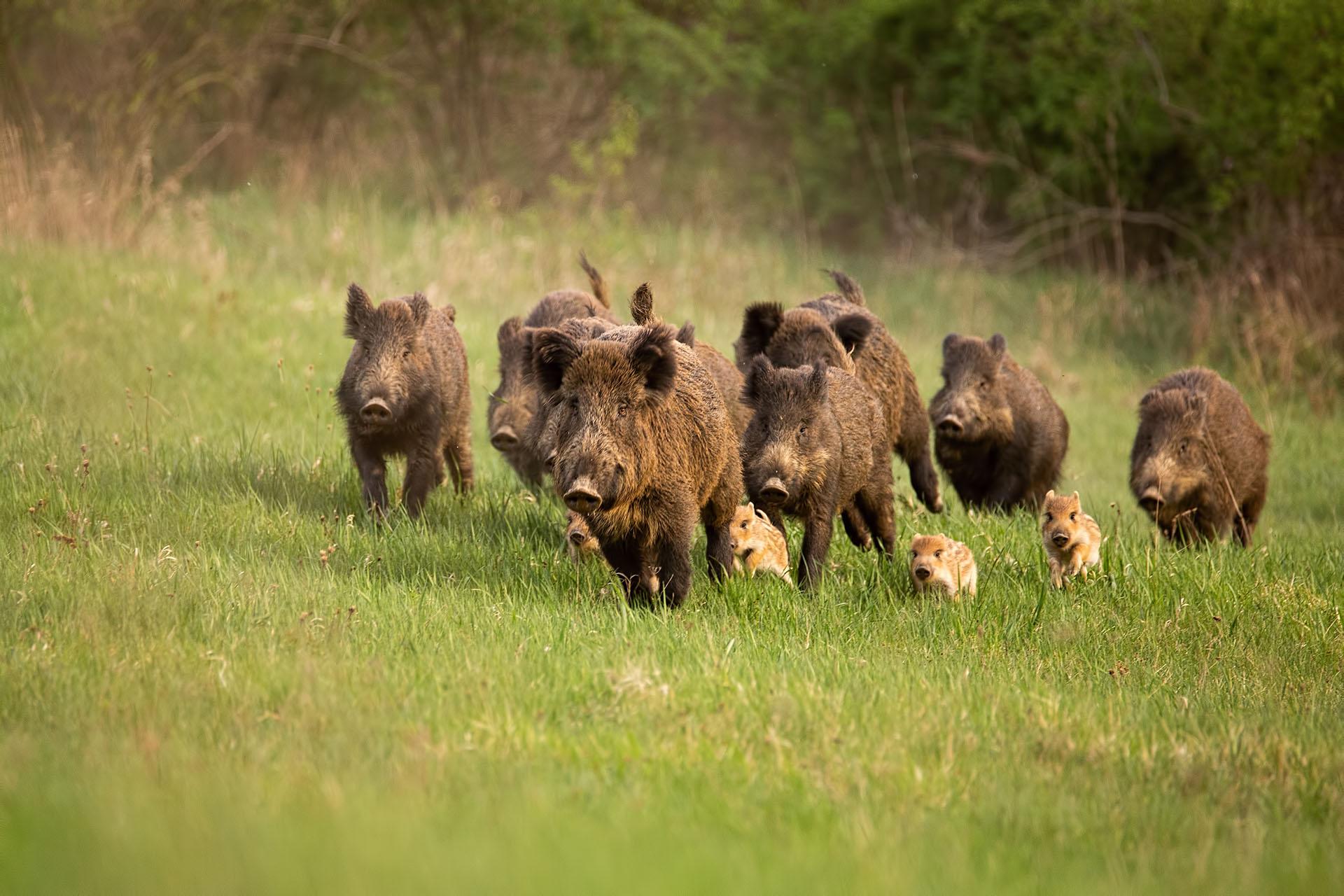A global scientific consortium which set out to control two major livestock virus epidemics in Europe is celebrating five years of research findings.
Coordinated and led by The Pirbright Institute, and funded through the European Union’s Horizon 2020 innovation and research programme, DEFEND brought together international expertise to tackle two high consequence viral diseases of livestock – African swine fever (ASF) and lumpy skin disease (LSD).
Scientists worked together to understand the drivers of disease emergence and generate research outputs which underpin novel diagnostic tools and vaccines, and authenticate appropriate and rapid responses by decision-makers.
Professor Pip Beard, co-ordinator of the DEFEND H2020 project, led Pirbright’s Large DNA Virus Research Group and is now Head of the School of Life Sciences and Professor of Viral Pathology at Keele University.
Professor Beard said: “As a worldwide network of specialists collaborating to tackle the emergence of ASF and LSD, DEFEND has been able to tackle two viral diseases which have severe impacts across the globe on the welfare of livestock and the people that rely on them for income and food.
“The programme allowed us to further our knowledge in a number of areas, including fundamental research to understand how the viruses interact with the host animal’s immune system and how the viruses spread between animals both at the individual and population level. We also developed new tools which will help us monitor, control, and prevent the spread of these high consequence viruses.”
Partners included key institutions in public and animal health across Europe including Azerbaijan, Greece, Montenegro, Turkey, North Macedonia, Bulgaria, Sweden, Belgium, France, Italy, Spain, Romania, Serbia, Lithuania, Albania, and Germany.
Notable project successes, celebrated at a recent conference, include the development of a risk assessment framework to predict the location of ASF disease outbreaks, recommendations to tackle the spread of animal disease in insecure settings such as conflict zones, an evidence-based understanding of the different routes of LSDV transmission, and a computer model which mimics the spread of African swine fever virus amongst populations of wild boar and can be used to estimate the effectiveness of different control measures.
DEFEND, which started in 2018, formally closes in Spring 2024, but its legacy remains ‘live’ on the website: http://www.defend2020.eu/
